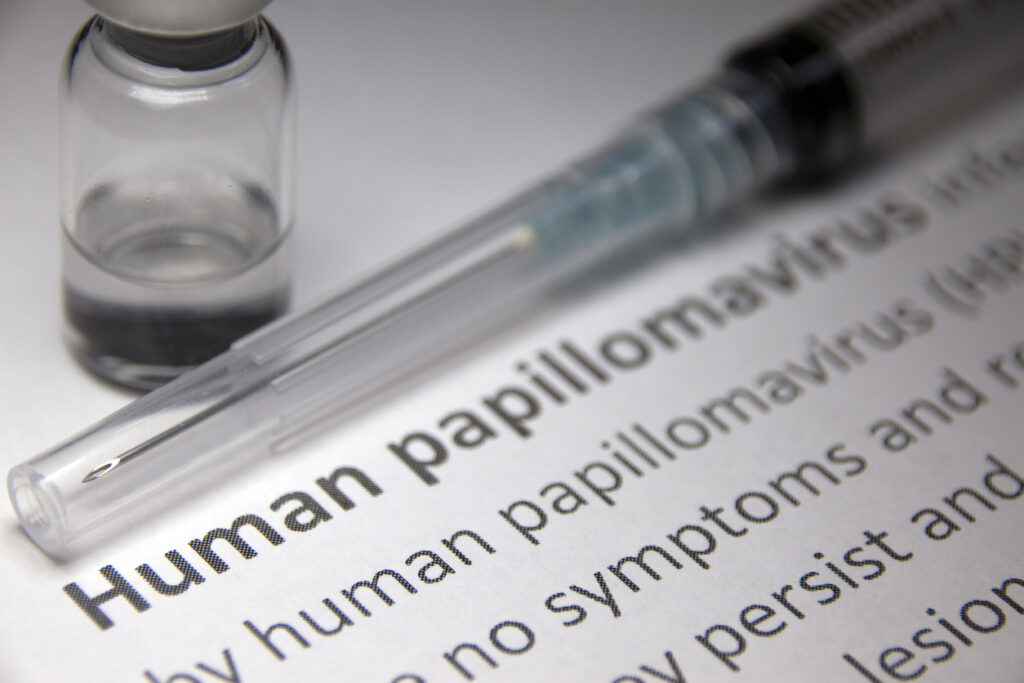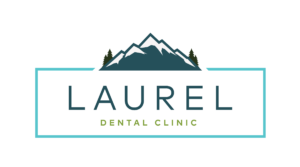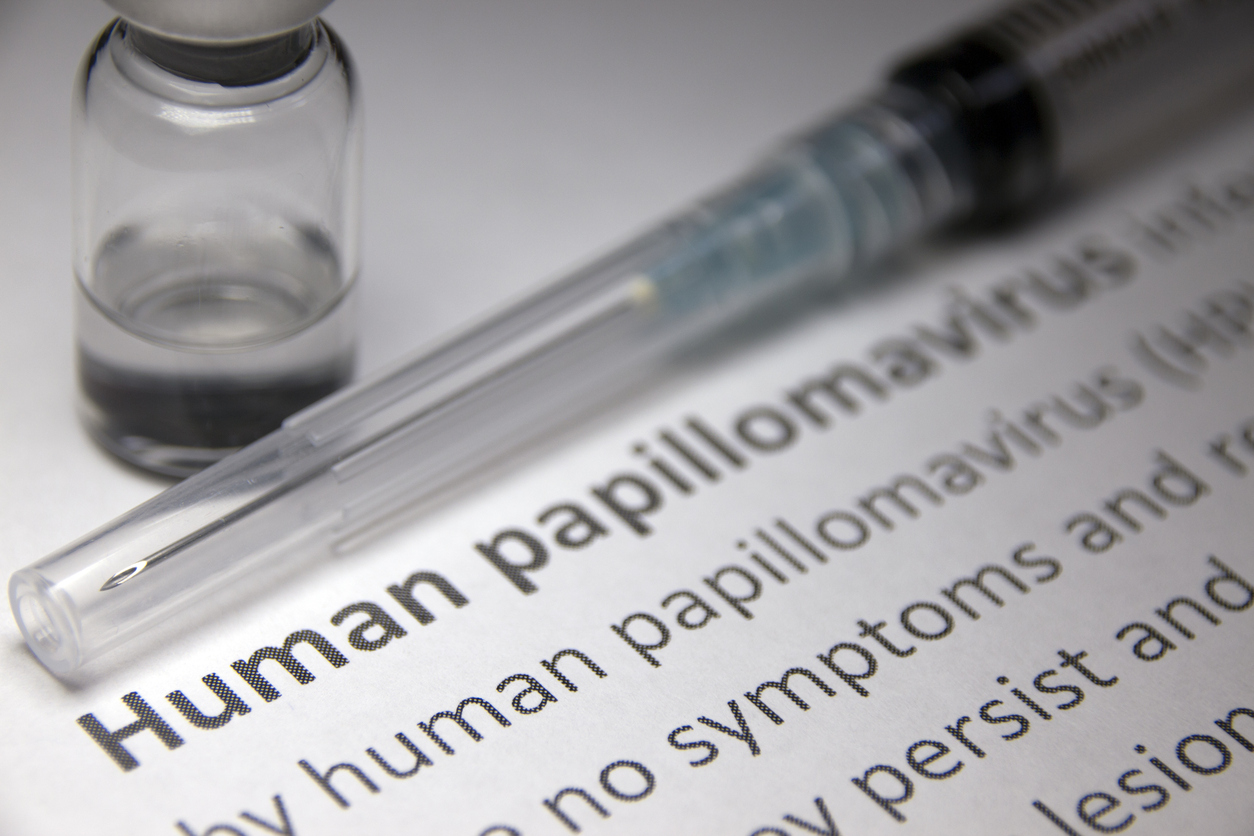At Laurel Dental Clinic we’ve begun to offer the option of a salivary test for Oral HPV. Now you might be wondering: “Why is my dentist concerned if I have HPV?” Or you might be thinking: “It’s none of your business if I have HPV.” These are valid concerns, as this is a new screening protocol that is likely to stir up many questions.

To help allay any fears or concerns around our new screening, we’ve put together some information below, that further explains our role as dental professionals and providing the highest quality of preventive care that we can.
What We Know About HPV Today
Many of us have heard that contracting HPV can increase a woman’s risk for cervical cancer. That’s why in 2006 it was recommended that adolescent girls (and eventually boys) receive a vaccination that prevents the two strains of HPV (16 & 18) that are most commonly linked to cancer.
Now as research has continued, we are learning that HPV (most commonly strain 16) causes up to 70% of oropharyngeal cancer cases. Now before you become overly concerned, there are a few important points to understand about oral HPV:
- There are more than 200 different strains of HPV, most of which do not cause cancer.
- The virus often produces no symptoms, and the majority of people infected with HPV will never know it because the immune system can clear the virus on its own.
- According to an ongoing study, it is thought that around 26 million Americans have an HPV infection on any given day.
- The CDC believes that up to 80% of Americans will contract an HPV infection in their lifetime.
- Of individuals infected with high-risk strains of HPV only 1% of cases will develop into cancer.
Risk Factors of Oral Cancer
Knowing the risk factors of oral cancer is an important part of prevention. The most common risk factors include
HPV infection
- HPV infection
- Tobacco use
- Excessive alcohol use
- Weakened immune system
- Poor oral hygiene
- Poor diet
- Sun exposure
How to Reduce Oral Cancer Risk
There are steps you can take to reduce your risk of oral cancer. These include:
- Change of lifestyle, including avoiding the use of tobacco and alcohol
- Routine oral HPV screening and education for adults
- Treatment of precancerous lesions
- Discuss the HPV vaccine with your child’s pediatrician or dentist
Our salivary HPV test is performed via Oral DNA Labs and you can learn more about this particular test on their website. This screening can be performed at any visit to Laurel Dental. We will privately discuss the results with you as soon as they are received. Our protocol is to have a follow-up test 6 months after a positive screening.
We recommend testing 1x/a year regardless of your results. Please remember that you are only at an increased risk for oropharyngeal cancer if you have a long-standing HPV infection that your body is not clearing and is also a strain that has been linked to cancer.
If you do have a persistent HPV infection, we will note that you are at an increased risk and may refer you to your doctor to have the oropharynx region evaluated. As always if you have any questions, please feel free to ask your dentist or hygienist at your next visit with us!
References
Oral Cancer Foundation – https://oralcancerfoundation.org/understanding/hpv/hpv-oral-cancer-facts/
Centers for Disease Control -https://www.cdc.gov/cancer/hpv/basic_info/hpv_oropharyngeal.htm
Delta Dental of Washington – https://www.deltadentalwa.com/blog/entry/2018/04/hpv-oral-cancer


